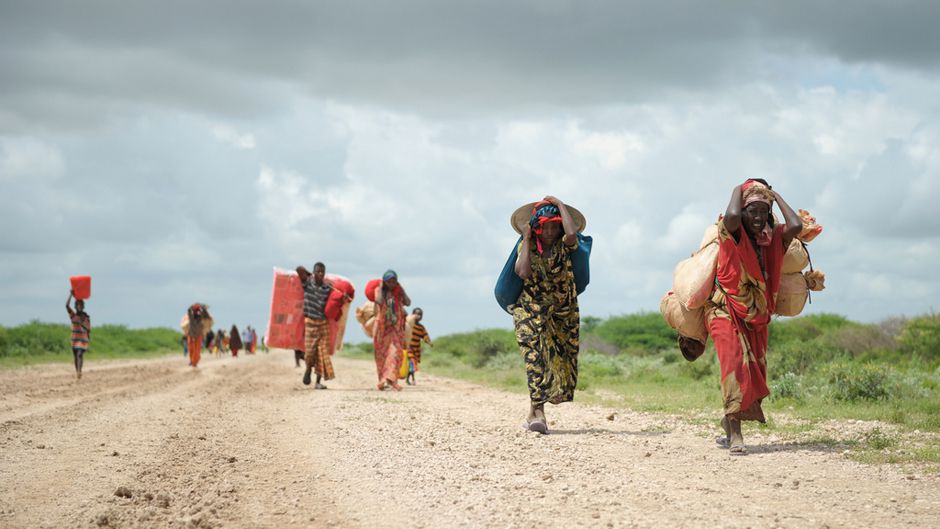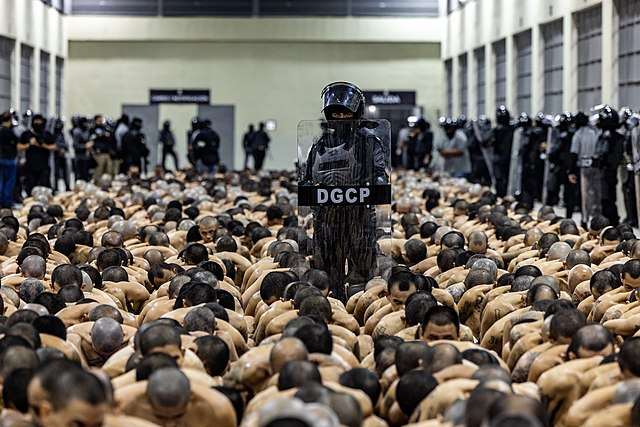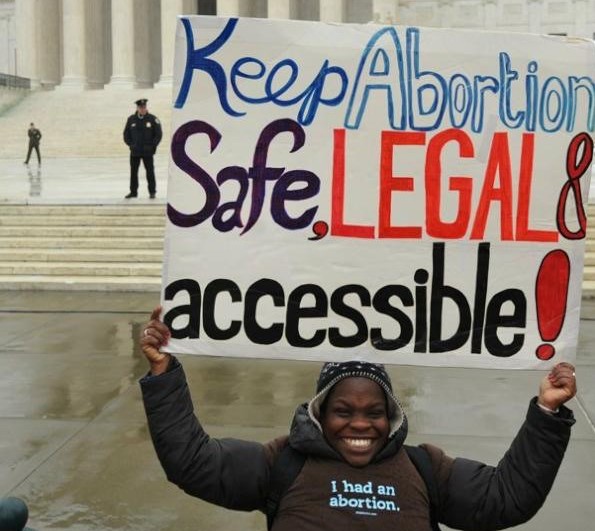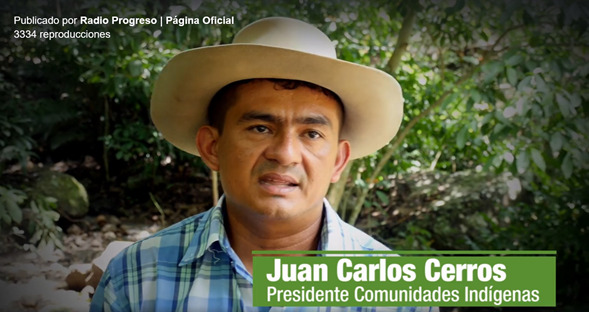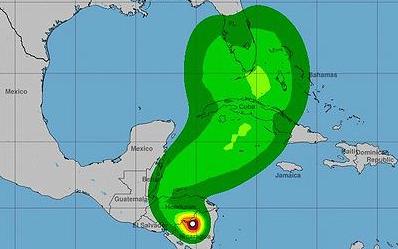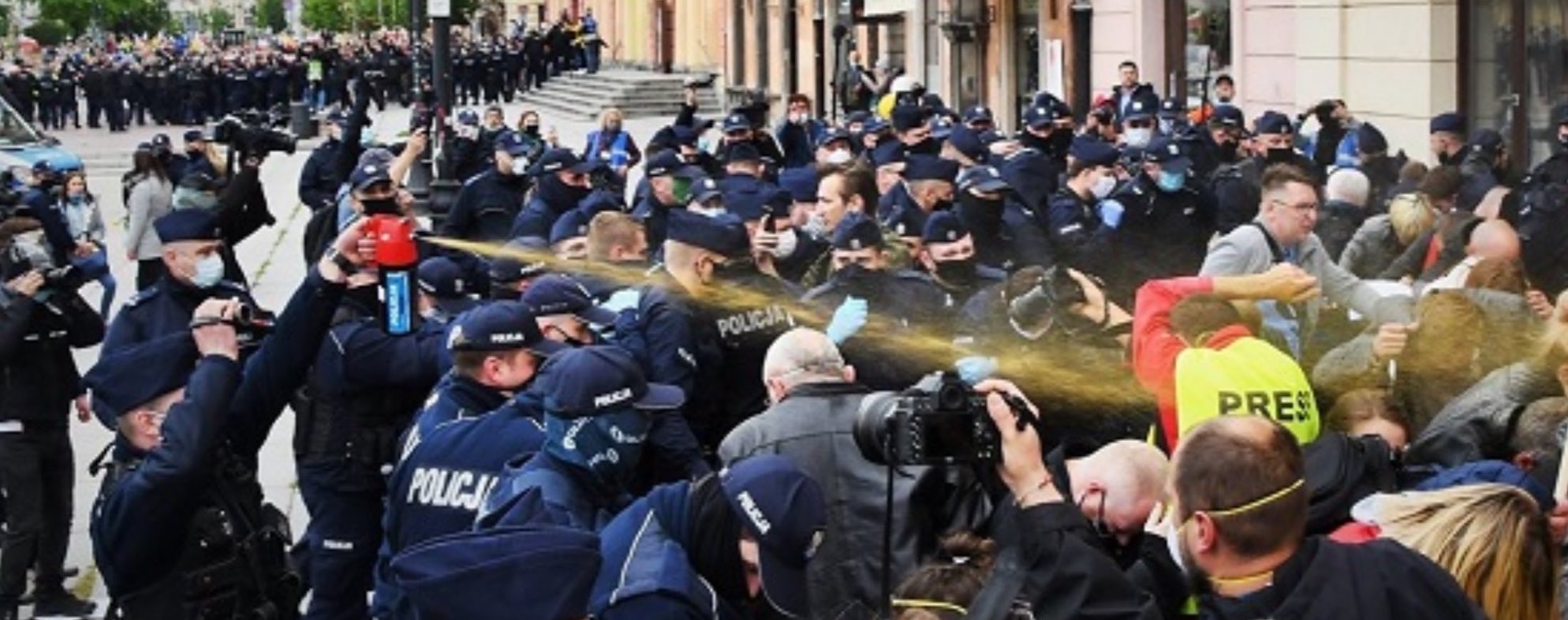
Honduras implements ‘Crime Solution Plan’
The National Defense & Security Council of Honduran President Xiomara Castro announced a sweeping plan to crack down on crime and safeguard public security. The Crime Solution Plan calls on the Defense and Security secretaries to immediately execute interventions in municipalities with the highest incidence of major gang-related crimes, such as assassination, extortion, kidnapping, drug trafficking, arms trafficking, and money laundering. The plan additionally calls for construction of an Emergency Detention Center with a capacity for 20,000 prisoners. Finally, the plan directs the National Congress to reform the Penal Code to classify those who commit major gang-related crimes as “terrorists,” and mandate pretrial detention for those who commit such crimes. (Photo via OHCHR)



